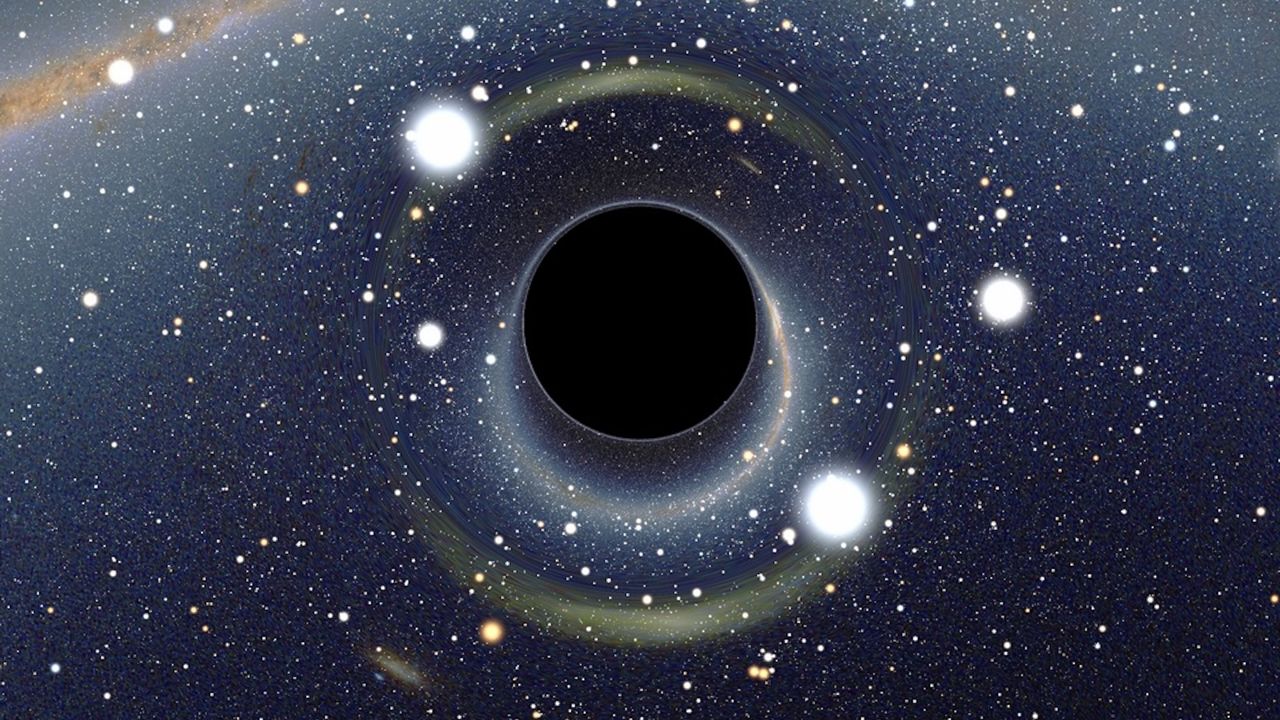Recent research indicates there is a 90% chance that a black hole will explode within the next decade. This prediction stems from a study published in the journal Physical Review Letters, which challenges previous assumptions about black holes and their potential explosive behavior. The findings hinge on the properties of primordial black holes (PBHs), which are theorized to be much lighter than the stellar black holes typically observed.
Stellar black holes form from the collapse of massive stars that have exhausted their nuclear fuel. These colossal remnants can weigh between 3 to 50 times the mass of the Sun. When such stars reach the end of their life cycle, they explode in a supernova, leaving behind regions of space so dense that nothing, not even light, can escape. In contrast, primordial black holes are thought to have formed shortly after the Big Bang, potentially from exceptionally dense areas in the early universe. These PBHs are believed to be ancient remnants composed largely of hydrogen and helium.
The groundbreaking research led by a team from the University of Massachusetts reveals that primordial black holes could be on the verge of explosive events much sooner than previously thought. Aidan Symons, a graduate student involved in the study, remarked, “We believe that there is up to a 90% chance of witnessing an exploding black hole in the next 10 years. Our current fleet of space and ground-based telescopes are already capable of detecting such an explosion.”
Understanding the Mechanisms Behind Black Hole Explosions
Traditionally, scientists estimated that black hole explosions occurred approximately once every 100,000 years. This new research proposes that the likelihood of witnessing such an event could dramatically increase due to the unique properties of primordial black holes. The study draws from the work of renowned physicist Stephen Hawking, who proposed that black holes emit radiation—a phenomenon known as Hawking radiation. As a black hole loses mass, it becomes lighter and hotter, which leads to an acceleration in the emission of particles until an eventual explosion occurs.
A significant aspect of the research is the exploration of black holes’ electrical properties. While standard black holes are generally considered to have no electrical charge, the researchers investigated the potential effects of primordial black holes forming with a tiny electric charge, influenced by hypothetical particles termed “dark electrons.” These dark electrons would be heavier than standard electrons and interact through what is known as dark electromagnetic forces.
The researchers hypothesize that if a primordial black hole forms with a small dark electric charge, it could temporarily stabilize before ultimately leading to an explosion. This stabilization effect could shift the expected frequency of observable black hole explosions from once every 100,000 years to potentially once every decade.
Implications of an Exploding Black Hole
The implications of witnessing a black hole explosion extend beyond sheer spectacle. An explosion would yield a wealth of data, potentially cataloging every known subatomic particle, including those yet to be detected. This could include not only particles like electrons and quarks but also elusive entities such as dark matter, which remains one of the most profound mysteries in modern physics.
While the researchers caution that they are not guaranteeing an explosion will occur within the next decade, the heightened probability means that scientists and astronomers should be prepared for such an eventuality. Current telescope technologies are equipped to detect the signs of Hawking radiation associated with an exploding primordial black hole.
If the researchers’ predictions hold true, the scientific community may glean insights into the origins of the universe and the fundamental nature of matter itself. With the cosmos holding so many mysteries, the potential for significant discoveries looms large on the horizon.
As the countdown begins, the quest to understand black holes and their explosive potential could lead humanity closer to answering one of the universe’s oldest questions: where did everything come from?
